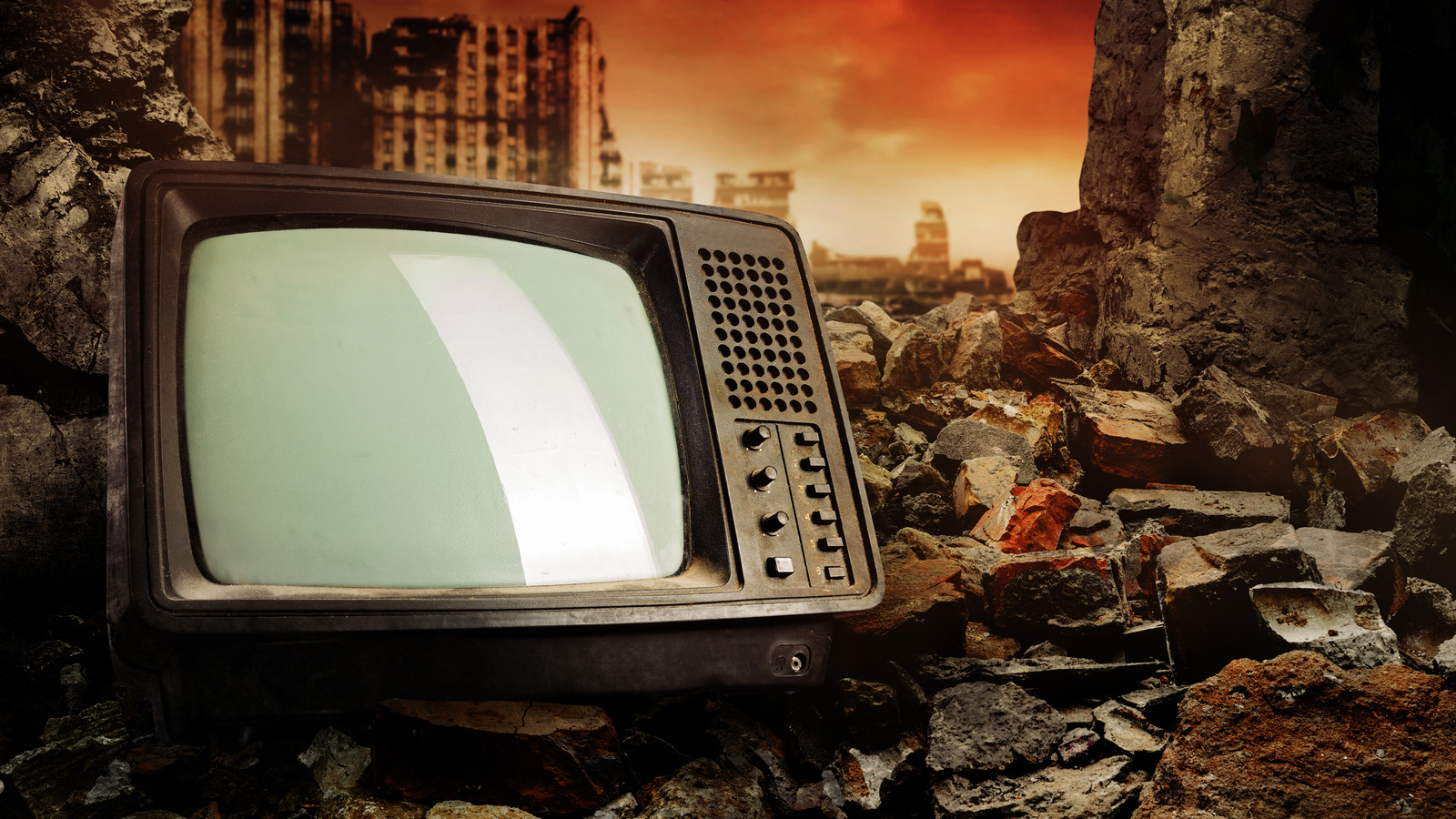
Not even the president of the United States escaped the tide of interest in “The Day After,” or the film’s impact. Ronald Reagan watched the film at Camp David weeks before it aired to the public. He found it so disturbing that he asked for certain parts of the film to be edited before it hit network TV. Before that the U.S. Department of Defense had loomed over the script and production. To ABC’s credit, though, they didn’t cut anything from the film and aired it in the same two-hour form as when Reagan watched it.
We mentioned that “The Day After” greatly moved Reagan, and he wrote so in his diary. Two months later on January 25, 1984, Reagan talked plainly about nuclear deterrence in his State of the Union address, readable in full on the National Archive. “People of the Soviet Union,” he said, “there is only one sane policy, for your country and mine, to preserve our civilization in this modern age: A nuclear war cannot be won and must never be fought.”
While it’s a stretch to say that Reagan’s feelings arose solely from “The Day After,” it’s reasonable to assume that the movie helped inspire his policies from that point forward. Over three years later on December 8, 1987, Reagan and Soviet General Secretary Mikhail Gorbachev signed the Intermediate-Range Nuclear Forces (INF) Treaty to greatly reduce their stockpiles of nuclear weapons, effectively bringing the Cold War’s greatest fears to an end.









